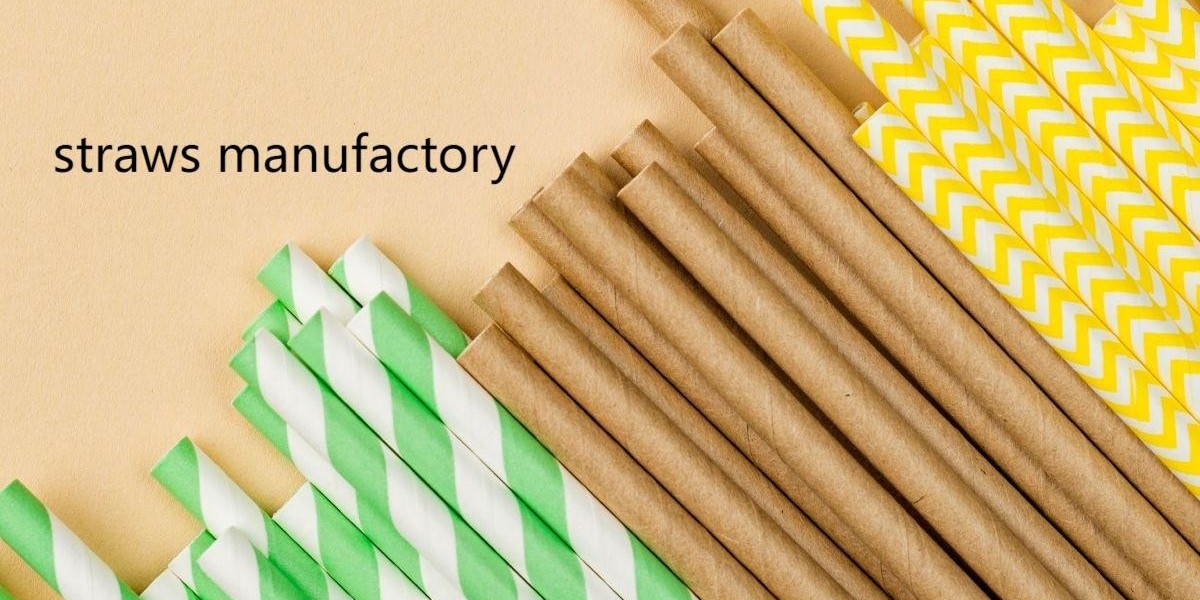Understanding the science behind eco-friendly straws is essential for businesses and consumers who want to make informed choices. Soton Straws utilizes advanced materials and manufacturing processes to create sustainable straws that perform as well as—or better than—traditional plastic. Our research-driven approach ensures that every product meets rigorous environmental and safety standards while delivering the functionality users expect.
PLA (polylactic acid) is one of our primary materials, made from fermented plant sugars, usually derived from corn or sugarcane. Unlike petroleum-based plastics, PLA is produced from renewable resources and emits fewer greenhouse gases during manufacturing. Under industrial composting conditions, PLA straws break down into water, carbon dioxide, and organic matter within 3–6 months, leaving no harmful residues. For businesses concerned about decomposition, we provide detailed guidance on proper disposal methods to maximize environmental benefits.
Paper straws are another popular option, but not all are created equal. Soton Straws uses FSC-certified paper and food-grade adhesives to ensure safety and sustainability. Our proprietary coating technology enhances water resistance, addressing the common issue of paper straws becoming mushy in drinks. For clients needing extra durability, we offer hybrid options that combine paper with a thin PLA lining, extending usability without sacrificing compostability.
Sugarcane bagasse straws represent another innovation, utilizing the fibrous byproduct left after juice extraction. These straws are sturdy, heat-resistant, and fully biodegradable, making them ideal for both hot and cold beverages. We also offer edible straws made from rice or wheat, which dissolve completely if discarded, eliminating waste entirely. Each material is rigorously tested for food safety, including migration tests to ensure no harmful chemicals leach into beverages.
Our manufacturing process prioritizes energy efficiency and waste reduction. The factory operates with solar power, and water used in production is recycled whenever possible. Even the byproducts from straw cutting are collected and repurposed, contributing to a zero-waste operation. These practices not only reduce environmental impact but also lower production costs, allowing us to offer competitive pricing to our clients.
For businesses looking to align with scientific sustainability standards, Soton Straws provides full transparency about materials, certifications, and environmental impact. Our products are backed by data, from carbon footprint calculations to biodegradability timelines, helping clients make evidence-based decisions. As the science of sustainable materials evolves, we continue to innovate, ensuring our straws remain at the cutting edge of eco-friendly technology.
Choose scientifically validated sustainability with Soton Straws: sotonstraws.com .








